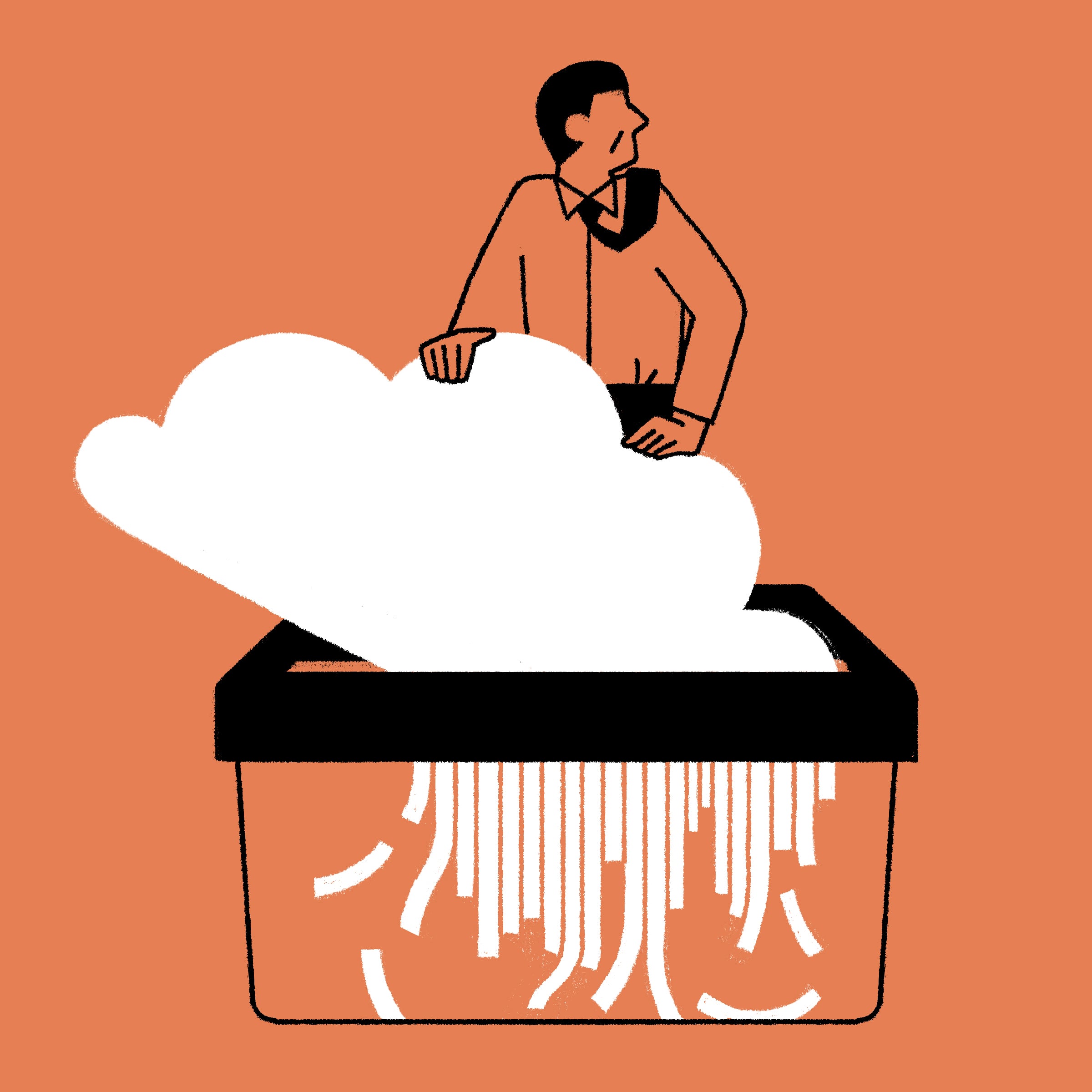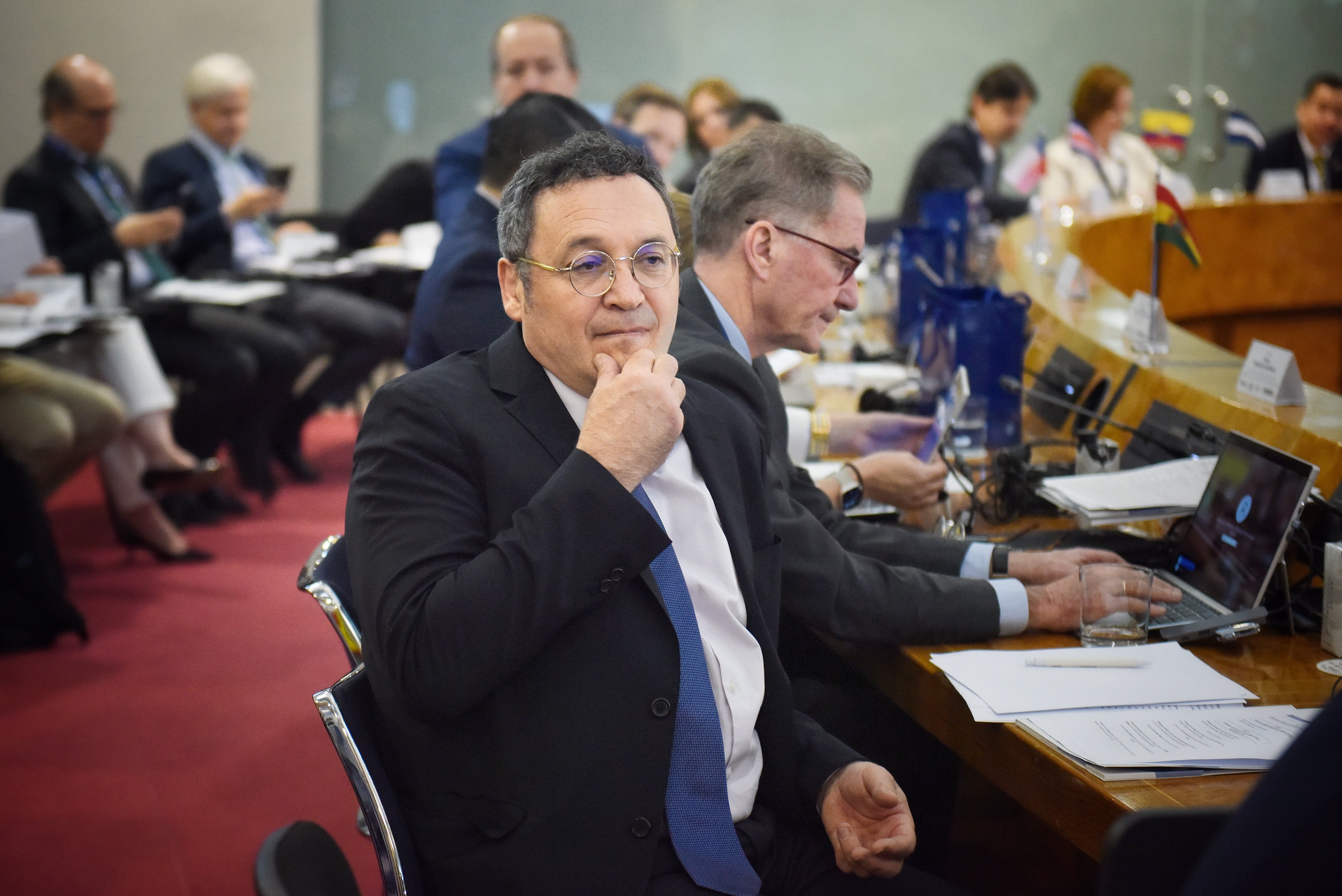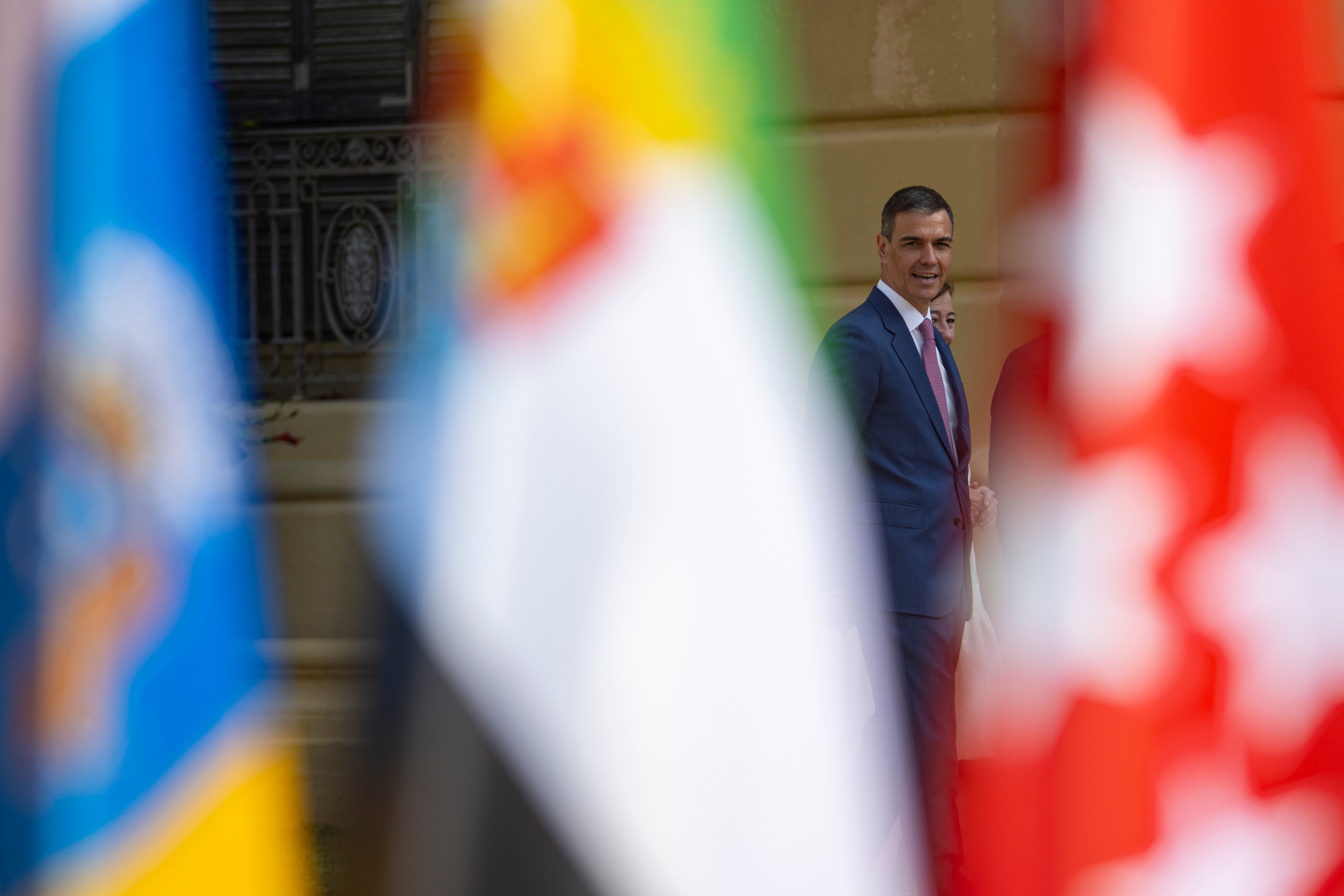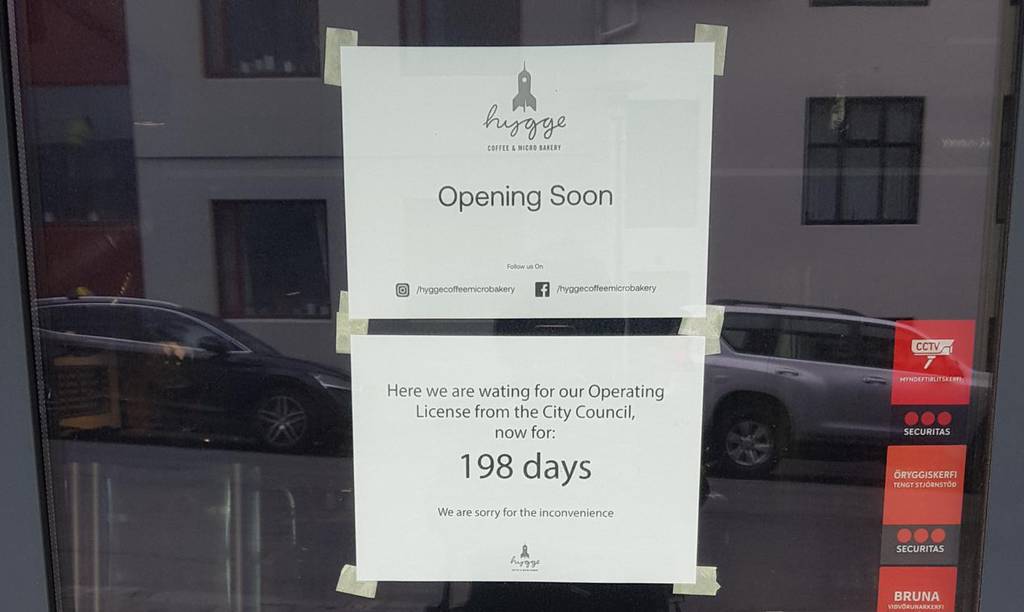The Prosecutor’s Office claims to disimpute the four journalists cited for informing about the case of the Attorney General | Spain
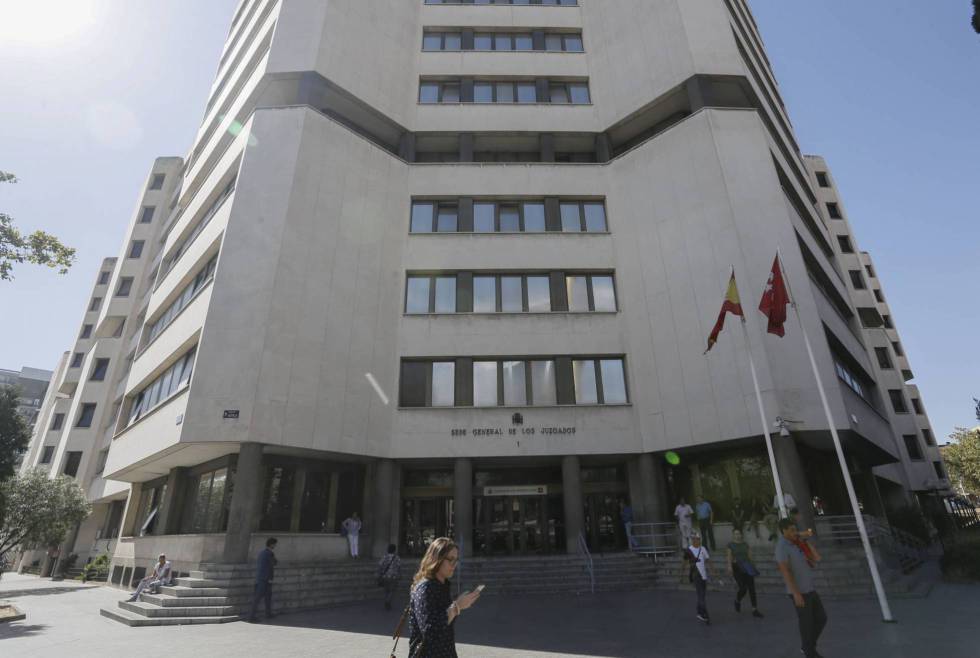
The Prosecutor’s Office has claimed the Court of Instruction 20 of Madrid that he desimits the four journalists (from El País, The world and 20 minutes) cited to declare as investigated for informing about the Case of the Attorney General. Through a letter dated April 2, the Public Ministry considers that it is “legally impossible” that the reporters have been able to commit the crime of revelation of secrets attributed to them for having disseminated part of the content of a report of the Central Operational Unit (UCO) of the Civil Guard on the open case in the Supreme Court for that same crime to the State Attorney General, Álvaro García. In that document, of enormous informative interest, the armed institute analyzed the communications found on the mobile and email of The provincial chief prosecutor of Madrid, Pilar Rodríguez, also charged In the high court, prepared after the registration of his office on October 30.
In his brief, where doctrine and jurisprudence of the Constitutional Court and the European Court of Human Rights (ECHR), the Prosecutor’s Office loads against the decision of Judge Adelaida Nieves Medrano and recalls that “journalists cannot commit the aforementioned crime, since they do not have the subjective condition required by the criminal type: this is, the condition of public officials”. Moreover, the Public Ministry continues, they can not even be called to declare as accused in this case « in inductor condition »: « (then) there is no element, not even indicaria, which proves that these journalists directly and effectively influenced the unidentified people who filtered the report. »
« The cited journalists are ‘mere natural intermediaries in the communicative process’, which in no case can be responsible for a crime of the nature of the alleged, » says prosecutor Juan Ignacio González, who asks that the four reporters be quoted simply as witnesses. A condition that does not prevent, as usual, that these can benefit from their constitutional right not to reveal their sources.
This convoluted cause began a few weeks ago. The provincial chief prosecutor of Madrid, Pilar Rodríguez, filed a complaint about the filtration of the UCO report, but did not point against journalists. Then, the Supreme Court decided to send the case to the Courts of Plaza de Castilla in Madrid to investigate. Next, the investigations were assumed by the Court of Instruction number 20 of the capital, headed by Adelaida Nieves Medrano, who decided to direct their inquiries against these four reporters and agreed that it would interrogate them as charged on June 19.
The judge’s initiative caused the immediate reaction of numerous associations and professionals of the sector. « Imputing journalists for reporting severe press freedom, » denounced the platform in defense of freedom of information (PDLI). The El País Drafting Committee said: « The four (journalists) investigated only comply with their obligation to publish truthful and relevant information about a public interest case, with which they appear related from the Attorney General to the couple of the president of the Community of Madrid. » « (It is a serious attack on press freedom, » the Association of Research Journalists (API) lashed out.
Freedom of information, as well as the professional secrecy of journalists and their right not to reveal the sources, are especially protected in the Constitution, in addition to being considered one of the fundamental rights in a democratic state. They have insisted this week More than fifty journalists Specialized in legal and court information, of 27 different media, which have signed a letter to denounce that these imputations « can seriously affect the right of society to truthful information on judicial proceedings of enormous transcendence. »
“If journalists who have limited themselves to fulfilling their constitutional duty to disseminate duly contrasted information in a matter of undoubted public interest are submitted to criminal investigations for exercising their trade, protected by article 20 of the Constitution, both they and their sources of information will suffer the deterrence effect (Chilling Effect) that the international, European and Spanish courts have considered extremely detrimental to democratic societies, ”says the text signed by these editors, sent to the president of the Supreme Court and the General Council of the Judiciary (CGPJ), Isabel Perelló; to the President of the Superior Court of Justice of Madrid (TSJM), Celso Rodríguez Padrón; and the dean judge of Madrid, María Jesús del Barco.

